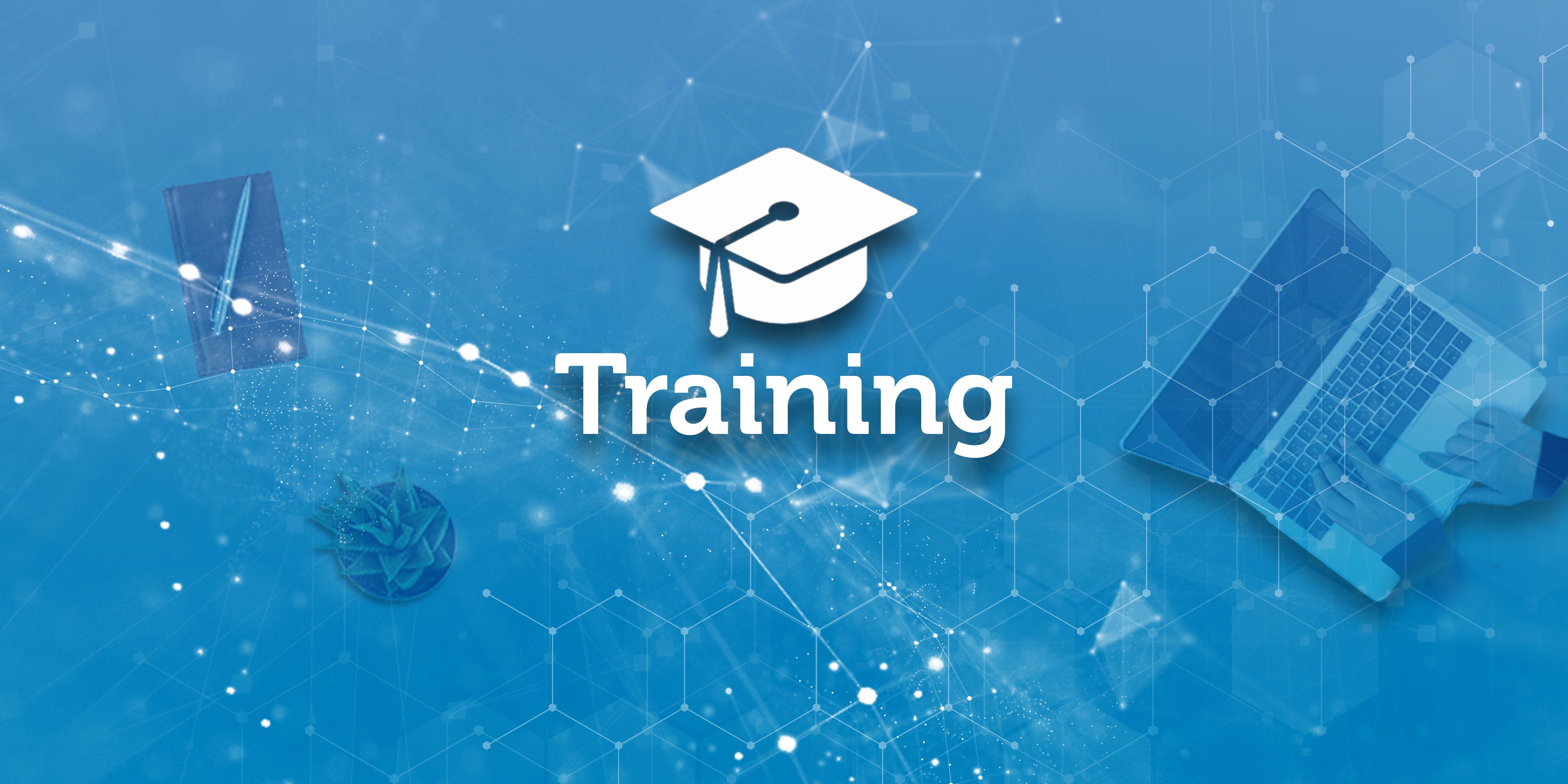
Schrödinger Maestro Workshop 2023
Schrödinger Maestro hands-on workshop
The first day of the workshop introduces the basics of computational modeling in life science and drug discovery projects, including both core concepts and hands-on using Schrödinger Maestro. The second day focuses on more advanced topics and in-depth conversation on workflows and tools tied together by the topic of molecular dynamics. Both sessions will be oriented towards the application of MD simulations for life sciences and heavily draw upon examples from drug discovery projects. Scientists working in other fields are nevertheless also very welcome!
It’s possible to participate on-site at Espoo or join via Zoom (link provided for registered participants). Registration is required, but the event is free of charge both on-site and on-line.
Day 1 – A beginners’ guide to Maestro for Life Sciences: Preparation, Docking and Designing Ligands
Tools: Maestro, Ligprep, Protein Preparation Wizard, SiteMap, WaterMap, Glide and Ligand Designer
Level: Beginners
If you are interested in learning to navigate the Maestro interface and how to perform docking of small molecules, join us for a 4-hour hands-on workshop designed for beginners of the Schrödinger software. The main Maestro interface houses all the tools that are required to bring in your starting small molecules and protein system, so that they may be prepared correctly. Once you are comfortable with the fundamentals of preparing your raw materials, we will move on to understanding more about the binding site and its features, which will help us think about how a ligand might interact with it. This forms a fundamental basis for understanding our docking results, so we will start by setting up and running docking jobs, and analyzing how the resulting docked compounds fulfill the basic criteria of shape and molecular interactions that lead to the final Glide Scoring term. Finally, we will explore ligand design in a more automated fashion using the Ligand designer GUI which facilitates on-the-fly ideation through ‘build and dock’ workflows. Through the use of embedded libraries of building-blocks, users can modify their initial idea in many intuitive ways: from attachment points on the bound ligand; the free and viable space in the binding site; through picking specific residues in the protein or specific waters in the binding cavity to guide the design process.
Day 2 – More than moving pictures of wobbling atoms: Running and analyzing MD simulations with Desmond
Tools: Maestro, Desmond
Level: Mid to Advanced
If you’re interested in running molecular dynamics simulations in your research, in this second 4-hour workshop we will guide you through the different ways to run MD simulations with Desmond and the Schrödinger suite and analyze the results. Whether we’re simulating a small molecule ligand in a solvent box to analyze conformational populations or a protein-ligand complex to understand the binding pocket better, we’ll look at how to set up the simulation both from the Maestro GUI and the command line and how to customize the settings. Once the simulation is completed, we’ll go through different methods to analyze trajectories in Maestro, including analyzing RMSDs, occupations, solution phase conformers, solvation patterns and other interesting properties. Finally, we’ll discuss the different ways that MD simulations with Desmond can be used as part of more complex workflows.
Preparation
All material for the workshop will be provided on the day. Note, if you participate remotely, you need to install Maestro locally yourself. The same applies if you intend to use your own laptop on-site instead of provided workstations. If you’re an academic user affiliated with a Finnish higher-education institute, see our Maestro page in Docs CSC for installation instructions, as well as general details on using Maestro in CSC’s computing environment.
Also, if you want to run parallelized jobs using CSC resources, you’ll need a CSC account and membership in a project that has access to Puhti before the workshop. Please consult Docs CSC on how to create an account and join a project.
Agenda and Times (EET, GMT+2)
Day 1 (Thu 2nd November 2023)
- 09:30 Setup time (logging in checks)
- 09:45 Welcome (coffee and introduction)
- 10:00 Maestro, preparation of proteins and ligands, studying the binding site
- 12:00 Lunch
- 13:10 Docking with Glide and designing with Ligand Designer
- 15:10 Q&A, closing
Day 2 (Fri 3rd November 2023)
- 09:30 Welcome and setup
- 09:45 MD simulation of a small molecule in Desmond: setup and analysis
- 12:00 Lunch
- 13:10 Going to larger systems: simulating proteins and protein-ligand complexes
- 14:30 Q&A, closing
Lecturers from Schrödinger Inc.:
- Dr. Mila Krämer (Senior Scientist)
- + TBA
Registration DLs
On-site registration by 26th October at the latest (on-line continues).
Aika
2.11.2023 - 3.11.2023
klo 09:30 - 14:30
Paikka
Keilaranta 14
02100, Espoo